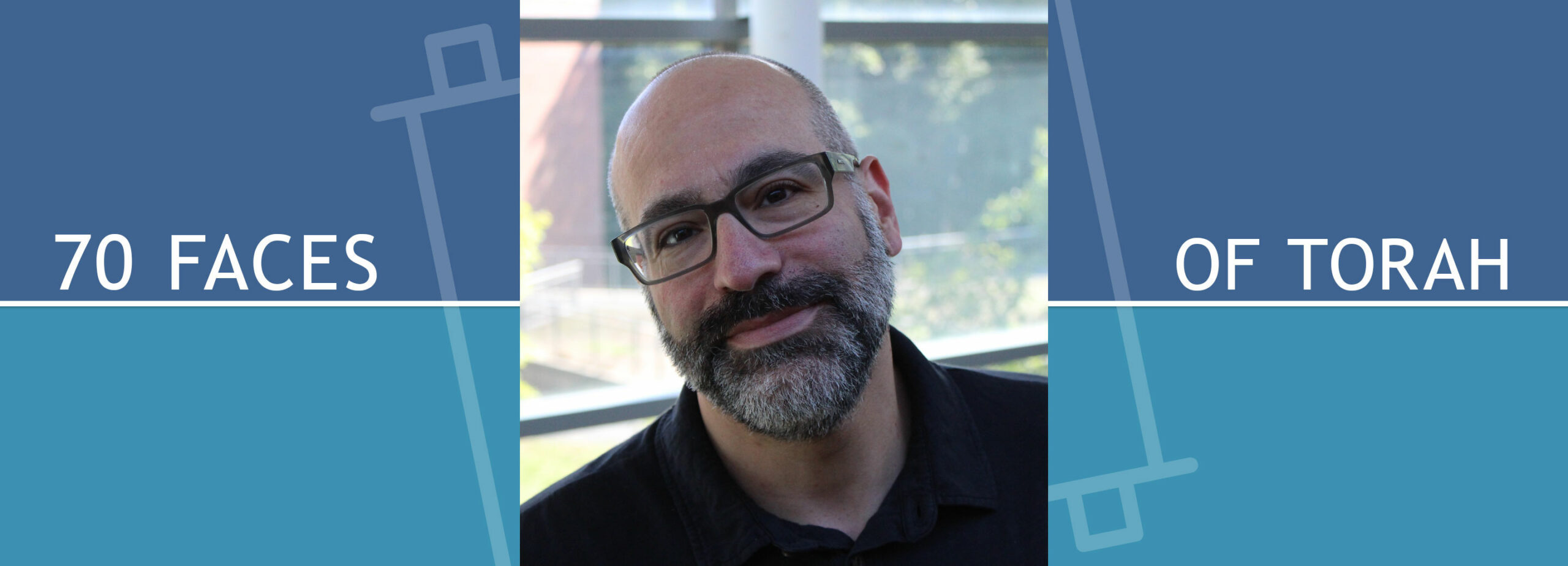Jewish learning Divine Light and Human Hands: A Mystical Teaching on Chanukah

This post is an updated version of the author’s 2010 essay by the same title published in the Huffington Post.
“Blessed are You, YHWH our God,
who performed miracles for our ancestors
in days past, at this time.”
What does it mean to light the Chanukah candles?
One response that I have found intriguing over the years comes from the early Hasidic master, Rabbi Levi Yitzhak of Berditchev (d. 1809). The Berditchever (as he is affectionately called by his disciples and admirers) was part of the vanguard of Hasidism, the great spiritual revival movement that first swept through the Eastern European Jewish community in the late 18th century.
In a brief but daring sermon, Rabbi Levi Yitzhak calls our attention to the last words of the second blessing recited over the candles each night—ba-z’man ha-zeh. This phrase is usually translated as “at this time,” meaning that God performed miracles for the Maccabees and their people at this time of year centuries ago.
The Berditchever reminds us that the words ba-z’man ha-zeh can also be read as “within time,” meaning that God’s participation in the events of Hanukkah took place within the bounds of nature, within the limits of space and time as we normally experience them, and not in a supernatural manner.
According to Rabbi Levi Yitzhak, while God played a miraculous role in this ancient drama, God’s work was “hidden” and involved a delicate interplay with the human actors in this saga. He contrasts this mode of divine engagement with God’s actions in the Exodus, in which the Almighty overturned the natural order, using great “signs and wonders” (Exodus 7:3) to put down Pharaoh’s army and free the Israelite slaves.
Interestingly, in this teaching, the Berditchever leaves aside the Rabbinic legend about the wondrous jug of oil that lasted for eight days after Judah the Maccabee and his forces recaptured the Temple in Jerusalem—the story that has become the great miracle-tale of Chanukah.
Rabbi Levi Yitzhak instead views Chanukah as a model for understanding how the Divine interacts with Israel and the world in contemporary times—ba-z’man ha-zeh. While one might wish for God’s supernatural intervention, the Divine acts in a subtler manner. In the mystical terminology of Hasidism, God functions from within a state of tzimtzum (delimited or veiled presence), active but not easily perceptible to the seeker.
The Berditchever does not explain in this teaching why God might choose whether to engage in a revealed manner or a concealed one during different periods of Jewish history. However, in other teachings he argues (following his mentor, Rabbi Dov Ber, the Maggid of Mezeritch) that tzimtzum offers the devotee the opportunity to become an active participant in shaping a life of holiness and to work with the Divine to sanctify all of existence. In other words, God’s concealment is an invitation to us to take greater initiative.
In my mind, I imagine the Berditchever standing before his Hasidic community on a cold night in December with the shamash (“attendant”) candle in hand, gently reassuring his followers that the Eternal is with them just as God was present to the Hasmoneans long ago; that despite the darkness they may experience individually or communally, the search for divine light is not in vain. As the Berditchever stretches forth his hand to light the hanukkiah (holiday candelabrum), he might remind his flock that this sacred act is emblematic of the Divine-human partnership in their time and place: God is the ultimate source of light, but the human being must channel the light through their actions.
What I appreciate about this teaching is the creative way in which Rabbi Levi Yitzhak imbues the ritual of candle lighting with a spiritual message of hope and inspiration, while also acknowledging the mystery and complexity of the religious life. By offering his community an alternative reading of the second blessing over the candles, he seeks to provide them with a compelling theological vision that they can internalize through this simple embodied ritual. Like the Maccabees, you have the capacity to actively participate in the renewal of Jewish life by lighting up the night, envisioning your home, place of business, synagogue, or elsewhere as a sacred space—a contemporary temple.
Having said that, I must also admit that I struggle to understand the nature of the Divine-human relationship. While I am attracted to the Berditchever’s language of the miraculous within the mundane, at this point in my life I have more theological questions than answers.
What I do know is that the religious language of Divine-human partnership, of tzimtzum and of hidden light has helped me to cultivate a sense of personal responsibility, of humility and of hope. I know that the world is both beautiful and broken, and that I must play a role in healing it. I also know that my role will be limited, but that I can contribute meaningfully to this sacred project. And I yearn daily for greater spiritual clarity.
Surrounded by family and friends, I hold the shamash in hand, recite the blessings, and light the Chanukah candles. As I do so, I also feel the presence of past luminaries like Rabbi Levi Yitzhak of Berditchev urging us to rededicate (Chanukah = “Rededication”) ourselves to living lives of meaning and purpose—in our time and place—using the teachings and rituals of the Jewish tradition to guide us through the darkness.
Rabbi Or N. Rose is the Founding Director of the Miller Center for Interreligious Learning & Leadership of Hebrew College.

